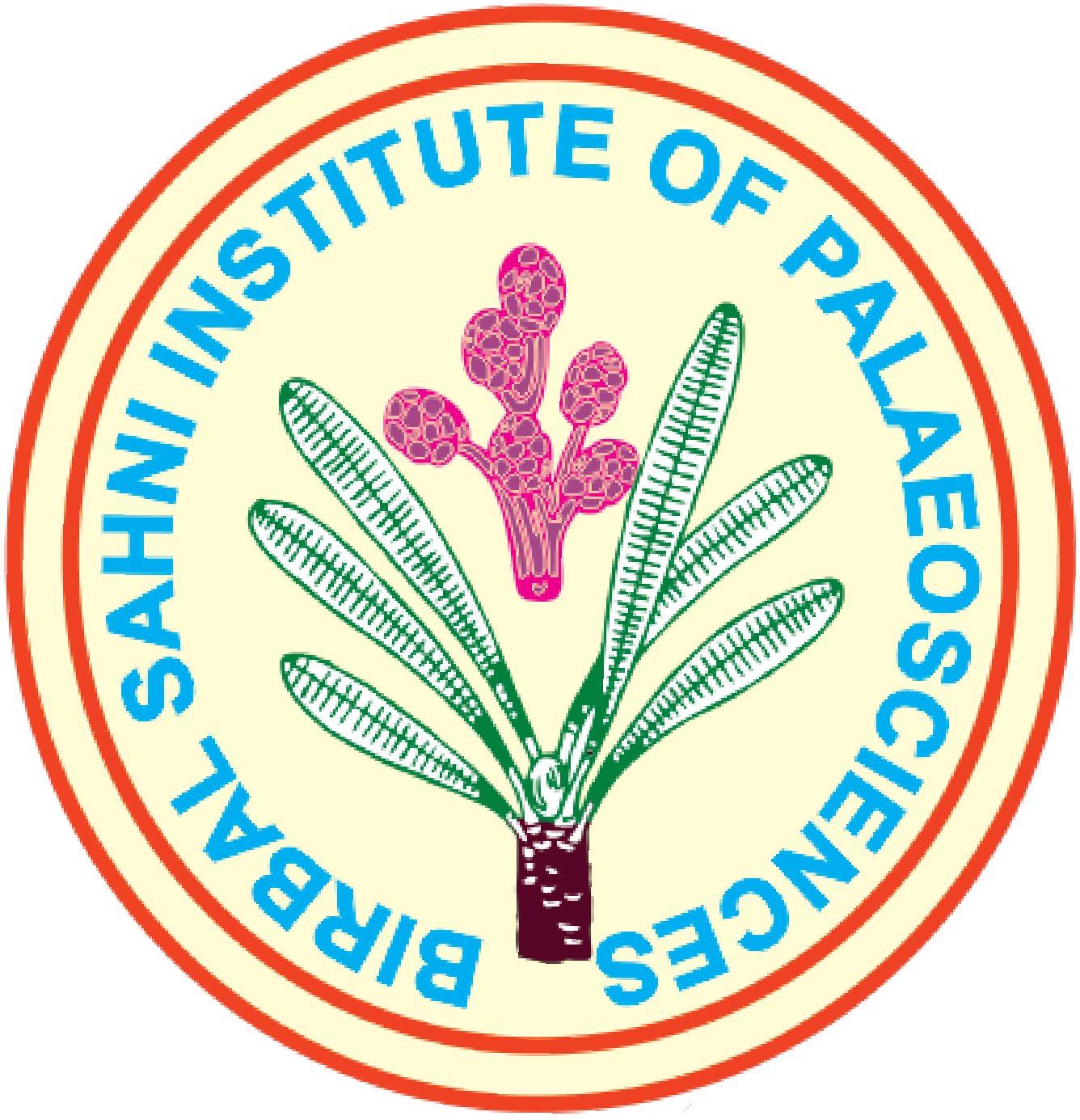Trends of specialization in the sporocarp and spores in the living and fossil Marsileaceae
DOI:
https://doi.org/10.54991/jop.1956.488Abstract
The paper gives an account of the trends of specialization in the structure of the sporocarp and spores in three living members of the Marsileaceae, Marsilea, Pilularia and Regnellidium, and in the only definitely known fossil member of this family, belonging to the genus Regnellidium named as Rodeites dakshini by Sahni (1943), from one of the Tertiary horizons of India, the Deccan Intertrappean Series of Mohgaon Kalan (Dist. Chhindwara). Apart from morphological differences in shape, size, position of spines and their position on a sporocarp, it is the sporocarp wall which shows a good deal of variation and specialization in the three genera. The tabular layers of elongated cells forming a column below epidermis, sporoderm, and the mode of germination of mega- and microspores differ in different species. The spore wall is 4-layered in all genera, but the spore size and episporial ornamentation are different in them. In the spores of all these plants prismatic layer is conspicuous in both kinds of spores, but more so in megaspores. The sori are bilaterally arranged in the living members and also in the fossil member, Rodeites. The sporocarp wall, however, seems to have been less differentiated in the fossil member, Rodeites dakshini Sahni than in the living species Regnellidium diphyllum Lind., as the tabular cells are not apparent in the former. The raphe, on the other hand, in this member is more prominent than that in the living species.
Downloads
Metrics
References
Chrysler, M. A. & Johnson, D. S. (1939). Spore production in Regnellidium. Bull. Terrey Bot. Club. 66(5): 263-279.
Feller, Marie-Jose (1953). Sporocarpe et sporogenese chez Marsilea hirsuta R. Br. La. Cellule. 55(3): 307-377.
Johnson, D. S. (1933). The curvature, symmetry and homologies of the sporocarps of Marsilea and Pilularia. Bull. Torrey Bot. Club. 60: 555-564.
Idem (1933). Structure and development of Pilularia minuta. Bot. Gaz. 95: 104-127.
Johnson, D. S. & Chrysler, M. A. (1938). Structure and development of Regnellidium diphyllum, Amer. Journ. Bot. 25: 141-156.
Sahni, B. & Rao, H. S. (1943). A silicified flora from the Intertrappean cherts round Sausar in Deccan. Proc. Nat. Acad. Sci. India. 13(1): 36-75.
Sharma, S. R. (1947). A note on the occurrence of spores comparable to Rodeites dakshini Sahni from the Deccan Intertrappean beds of Vikarabad. Curr. Sci. 16(11): 338-339.
Downloads
Published
How to Cite
Issue
Section
License

This work is licensed under a Creative Commons Attribution-NonCommercial 4.0 International License.









